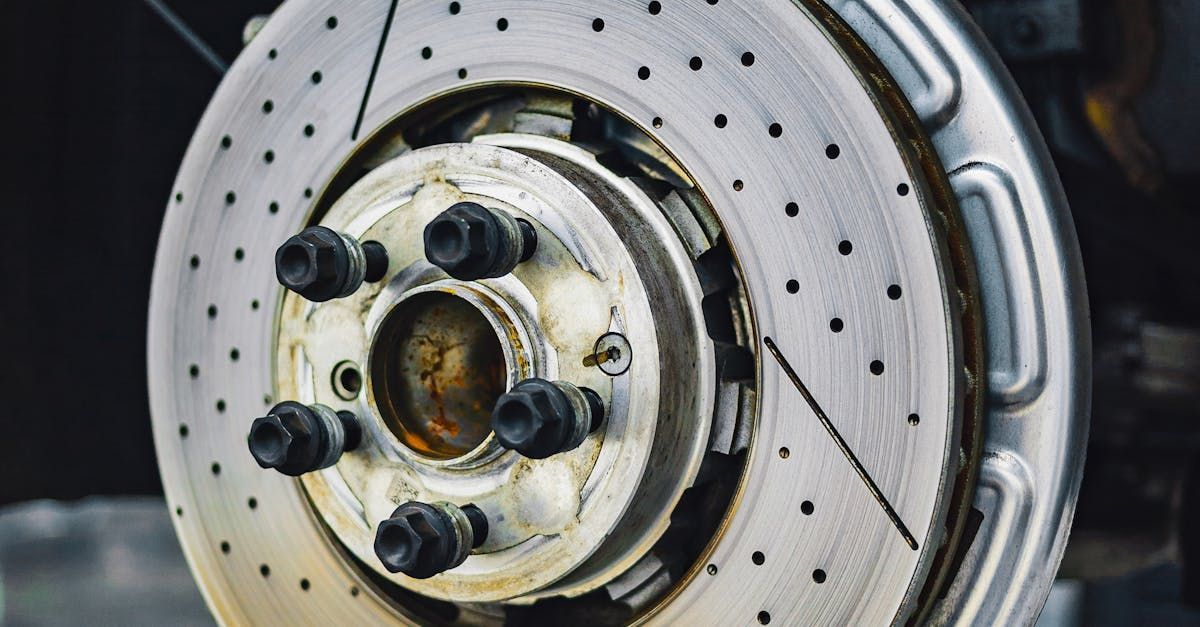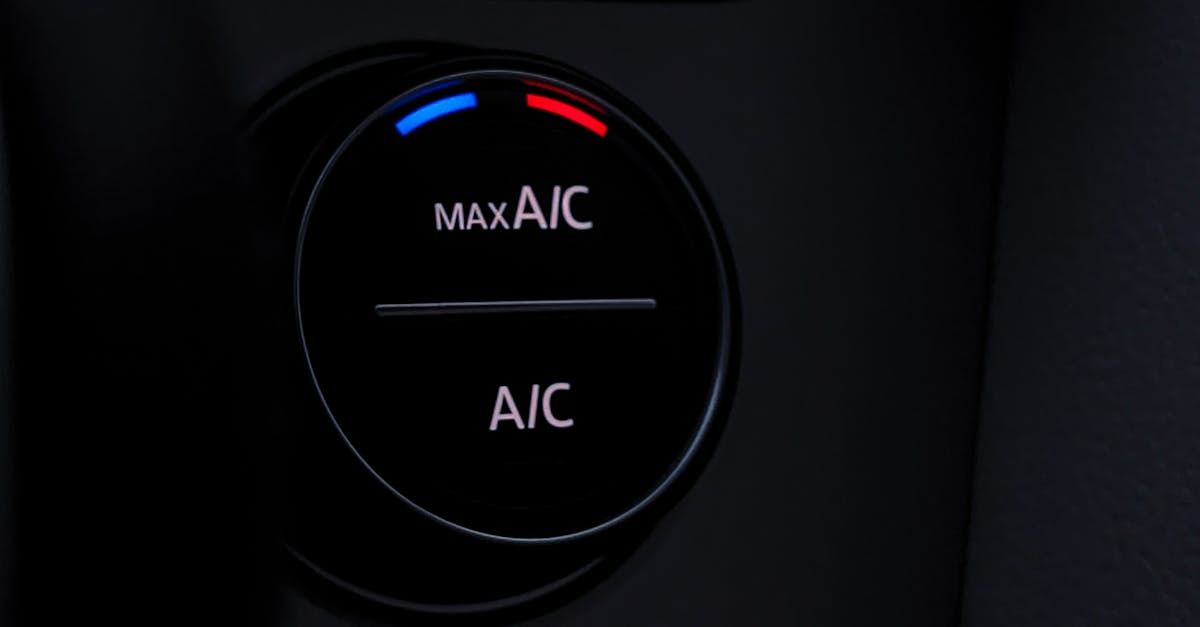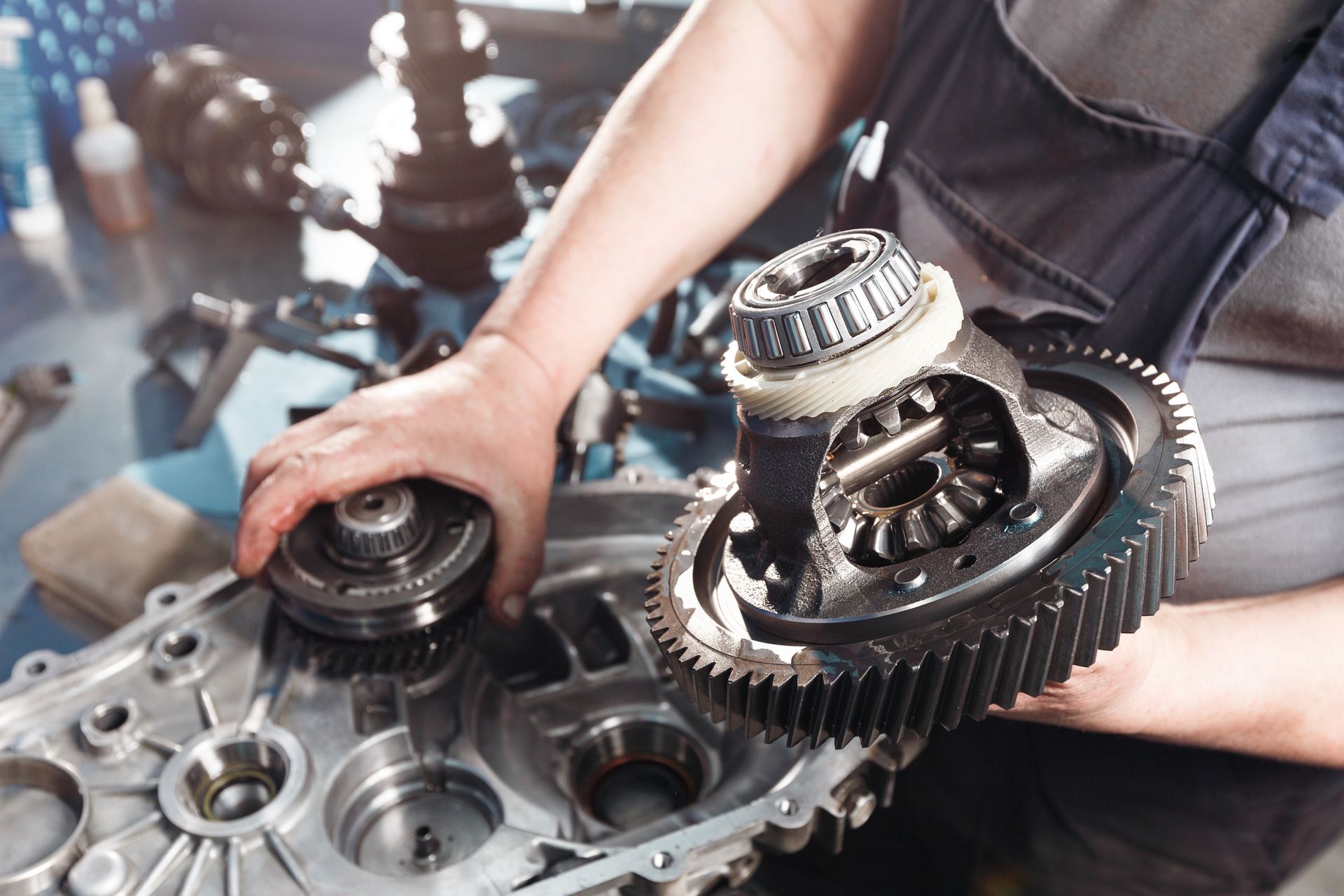What Happens During a Texas State Vehicle Inspection?
Have you ever wondered what goes on during a Texas state vehicle inspection? If you're a car owner in the Lone Star State, you're likely familiar with the annual requirement. But beyond the necessity of compliance, understanding the process can provide valuable insights into the safety and functionality of your vehicle. Here at Master Transmission and Collision in Friendswood, TX, we're here to shed light on this essential aspect of car ownership.
What's Involved in a Texas State Vehicle Inspection?
During a Texas state vehicle inspection, a certified inspector thoroughly examines various components of your vehicle to ensure it meets the state's safety and emissions standards. This process typically includes a comprehensive evaluation of the following:
- Safety Features: Inspectors check crucial safety features such as brakes, tires, lights, horn, mirrors, seat belts, and windshield wipers to ensure they are in proper working condition.
- Emissions System: With environmental concerns in mind, emissions testing is a critical aspect of the inspection. This evaluation aims to verify that your vehicle's emissions control system effectively reduces harmful pollutants.
- Vehicle Identification Number (VIN): Inspectors confirm that the VIN on your vehicle matches the records, ensuring proper identification and documentation.
- Exhaust System: A thorough examination of the exhaust system is conducted to check for leaks, proper installation, and adherence to emissions standards.
- On-Board Diagnostics (OBD) System: For vehicles equipped with OBD systems, inspectors utilize diagnostic equipment to assess the functionality of emission-related components.
- Fuel Cap: A simple yet crucial aspect of the inspection involves checking the integrity of the fuel cap to prevent fuel evaporation and reduce emissions.
Why is a Texas State Vehicle Inspection Important?
Ensuring your vehicle undergoes a state inspection serves several purposes, all aimed at enhancing safety, protecting the environment, and promoting overall vehicle performance:
- Safety Compliance: By verifying the functionality of essential safety features, inspections help minimize the risk of accidents and injuries on the road.
- Emissions Control: With increasing environmental concerns, emissions testing plays a vital role in reducing air pollution and preserving air quality for future generations.
- Vehicle Maintenance: Regular inspections provide an opportunity to identify potential issues early on, allowing for timely repairs and preventive maintenance to keep your vehicle running smoothly.
- Legal Requirement: In Texas, passing a state vehicle inspection is a legal requirement for vehicle registration renewal. Failure to comply can result in fines and penalties.
Master Transmission and Collision: Your Inspection Partner in Friendswood, TX
At Master Transmission and Collision in Friendswood, TX, we understand the importance of a thorough and reliable state vehicle inspection. Our team of experienced technicians is dedicated to ensuring your vehicle meets all necessary safety and emissions standards, providing peace of mind for you and your loved ones on the road.
Whether you're due for your annual inspection or have concerns about your vehicle's performance, trust us to deliver exceptional service and expert guidance every step of the way. Contact us today to schedule your inspection and experience the Master Transmission and Collision difference firsthand.
Conclusion
Navigating the Texas state vehicle inspection process doesn't have to be daunting. By understanding what's involved and why it matters, you can approach your inspection with confidence and ensure your vehicle remains safe, efficient, and compliant with state regulations. At Master Transmission and Collision in Friendswood, TX, we're here to support you every step of the way. Schedule your inspection with us today and drive with peace of mind knowing your vehicle is in top condition.








